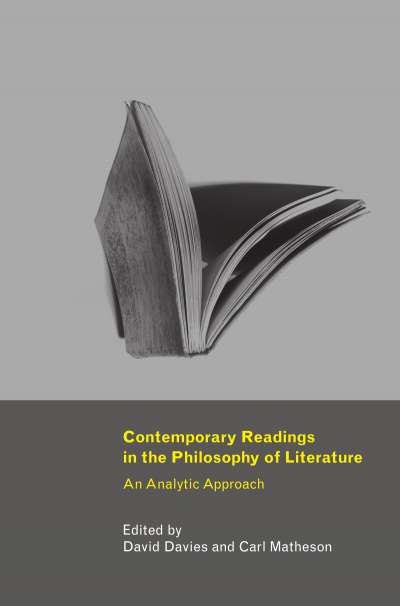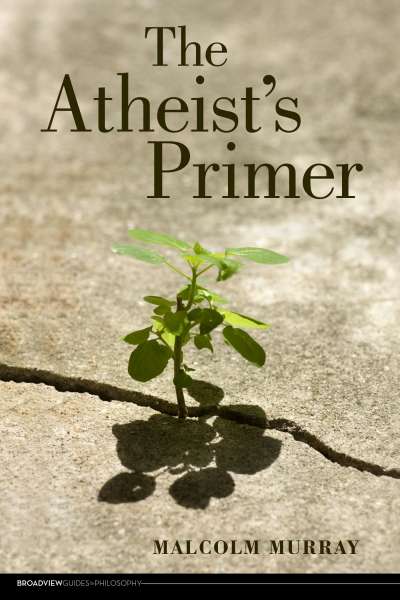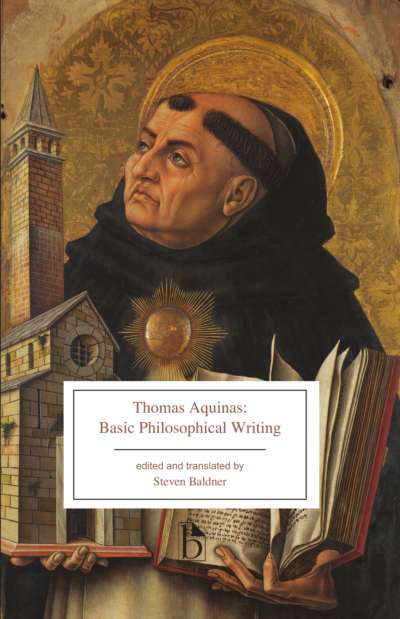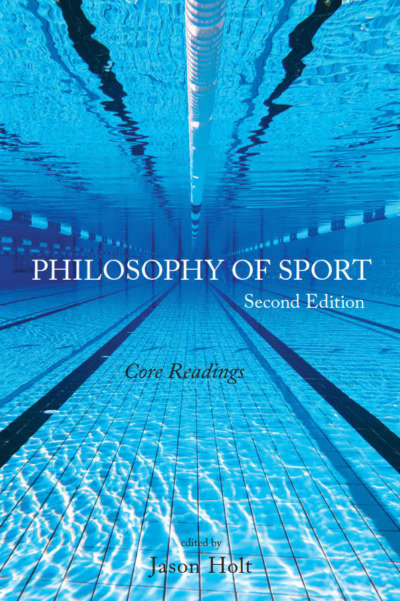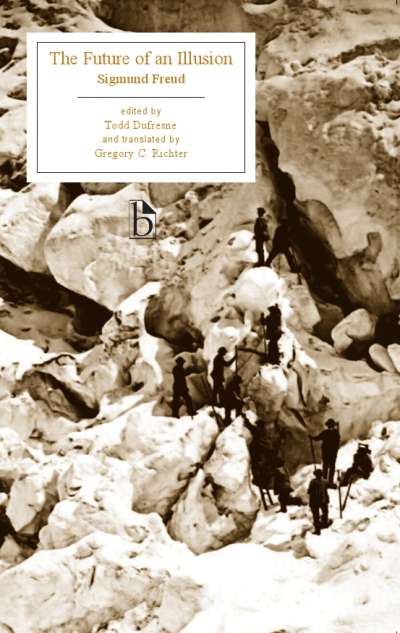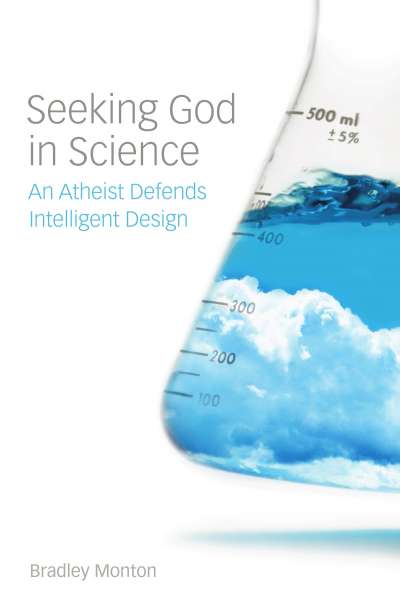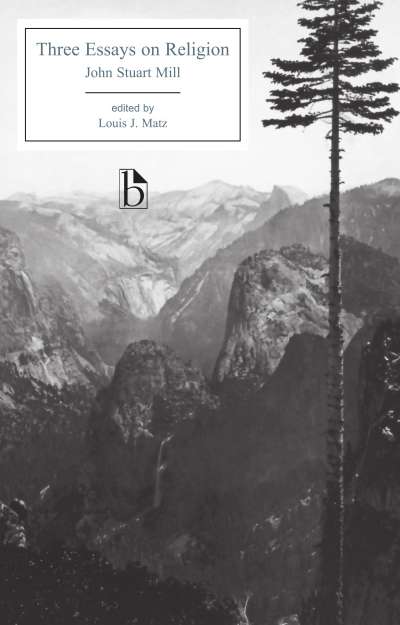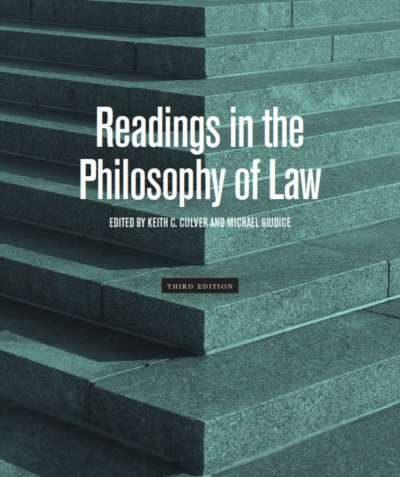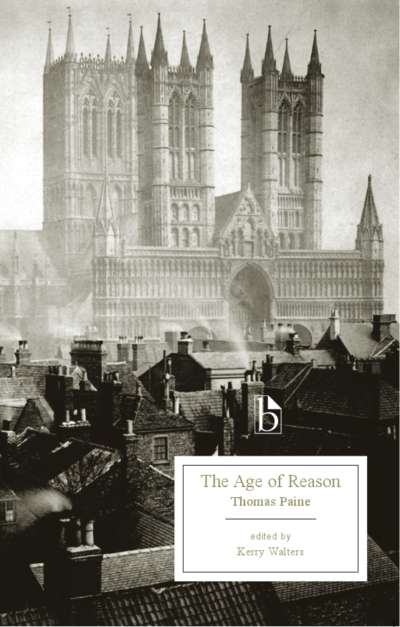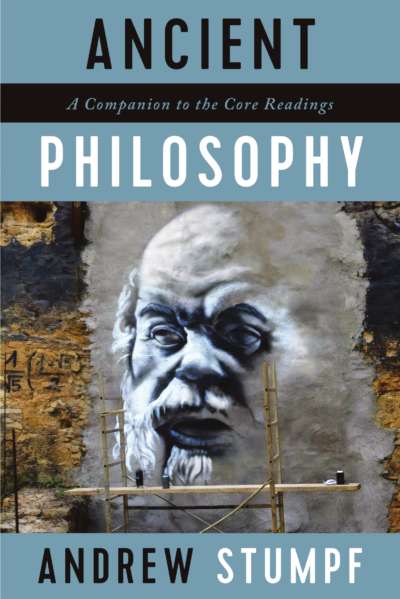This anthology contains the best of both classical and contemporary sources, offering a balanced historical approach to the philosophy of religion while reflecting the latest developments in the field. The included readings grapple with issues that are existentially compelling and provocative regardless of one’s religious leanings. Topics are covered in a point–counterpoint manner designed to foster deep reflection. This third edition contains an entirely new section on early Chinese religion as well as new essays on religious language, feminism, and the cognitive science of religion.
Comments
“This wide-ranging collection covers an abundance of influential topics in Anglo-American philosophy of religion, and it represents a number of classic arguments for and against God’s existence. This new, third edition contains a substantial section on Chinese philosophy of religion, including some of the ancient texts. Teachers and students alike will benefit from the breadth of this well-organized collection.” — Paul K. Moser, Loyola University Chicago
“Kelly James Clark’s Readings in the Philosophy of Religion contains an ideal balance between classic texts and the best of contemporary analytic philosophy. Clark places special emphasis on issues certain to resonate with students’ practical and existential concerns. The final section on Chinese religion introduces readers to state-of-the-art debates about the religious and metaphysical commitments of the Confucian and Taoist tradition and provides opportunities for cross-cultural comparisons.” — Robert C. Koons, University of Texas at Austin
Comments on Previous Editions
“This is an excellent collection, combining the best of the classical treatments of these venerable topics with fine contemporary readings (some of them unique to this volume). It also contains a judicious mixture of arguments in favor of theism and arguments against. Finally, the book is to be commended for including a larger number of pieces by women than these volumes usually do.” — John Hare, Yale University
“Clark’s judicious selections are accessible to undergraduates; nevertheless, the anthology thoroughly covers the important topics and covers them in professionally fine style.” — Alvin Plantinga, University of Notre Dame
Part One: Arguments for the Existence of God
Introduction
Chapter 1: The Ontological Argument
- St. Anselm and Gaunilo, “The Ontological Argument”
Laura Garcia, “Ontological Arguments for God’s Existence”
Chapter 2: The Cosmological Argument
- Thomas Aquinas, “The Five Ways”
Gottfried Willhelm Leibniz, “On the Ultimate Origination of Things”
William Lane Craig, “The Kalaam Version of the Cosmological Argument”
Chapter 3: The Argument from Design
- William Paley, “The Watch and the Watchmaker”
David Hume, “Critique of the Argument from Design”
Robin Collins, “A Scientific Argument for the Existence of God: The Fine-Tuning Design Argument””
Chapter 4: Moral Arguments
- Plato, “Euthyphro”
Robert Merrihew Adams, “Moral Arguments for Theistic Belief”
Linda Zagzebski, “Does Ethics Need God?”
Chapter 5: Religious Experience
- William P. Alston, “The Experiential Basis of Theism”
Chapter 6: Naturalism Refuted?
- Alvin Plantinga, “The Self-Refutation of Naturalism”
Chapter 7: The Balance of Probabilities
- Richard Swinburne, “A Cumulative Case for the Existence of God”
J.L. Mackie, “The Balance of Probabilities”
Chapter 8: Reflections on Arguments for the Existence of God
- Alvin Plantinga, “Arguing for God”
William J. Wainwright, “The Nature of Reason”
Suggestions for Further Study
Part Two: Reason and Belief in God
Introduction
Chapter 9: The Need for Evidence
- W.K. Clifford, “The Ethics of Belief ”
Chapter 10: Reformed Epistemology
- Kelly James Clark, “Without Evidence or Argument”
Chapter 11: Wittgensteinian Fideism
- Norman Malcolm, “The Groundlessness of Belief”
Chapter 12: Pragmatic Justification of Religious Belief
- Blaise Pascal, “The Wager”
William James, “The Will to Believe”
Chapter 13: Debunking Religious Belief
- Paul Bloom, “Is God an Accident?”
Aku Visala and David Leach, “Naturalistic Explanations of Belief in God”
Chapter 14: Reflections on Reason and Belief in God
- Raymond J. VanArragon, “Reconciling Reason and Religious Belief”
Suggestions for Further Study
Part Three: Critiques of God
Introduction
Chapter 15: The Hermeneutics of Suspicion
- Karl Marx, “The Opium of the Masses”
Friedrich Nietzsche, “Religion as Resentment”
Sigmund Freud, “The Future of an Illusion”
Chapter 16: Reflections on the Hermeneutics of Suspicion
- Merold Westphal, “Taking Suspicion Seriously: The Religious Uses of Modern Atheism”
Suggestions for Further Study
Part Four: God and Human Suffering
Introduction
Chapter 17: The Problem of Evil
- David Hume, “God and Evil”
Chapter 18: Plantinga’s Free Will Defense
- Paul Tidman, “The Free Will Defense”
Chapter 19: Theodicy
- John Hick, “The Soul-Making Theodicy”
Marilyn McCord Adams, “Horrendous Evils and the Goodness of God”
Daniel Howard-Snyder, “Theodicy”
Chapter 20: The Evidential Problem of Evil
- William Rowe, “The Problem of Evil and Some Varieties of Atheism”
Daniel Howard-Snyder, “Rowe’s Argument from Particular Horrors”
Chapter 21: Reflections on God and Human Suffering
- Nicholas Wolterstorff, “The Silence of the God Who Speaks”
Suggestions for Further Study
Part Five: Divine Language and Attributes
Introduction
Chapter 22: Speaking of God
- Thomas Aquinas, “Speaking of God”
Dan R. Stiver, “‘The Greatest Thing by Far’: Metaphor as the Hermeneutical Key to Hermeneutics”
Elizabeth Burns, “Classical and Revisionary Theism on the Divine as Personal”
Chapter 23: Does God Suffer?
- Johannes Scotus Eriugena, “Divine Impassibility”
Nicholas Wolterstorff, “Suffering Love”
Chapter 24: Prayer
- Thomas Aquinas, “Whether It Is Becoming to Pray”
Eleonore Stump, “Petitionary Prayer”
Chapter 25: Is There a Hell?
- Stephen T. Davis, “Universalism, Hell, and the Fate of the Ignorant”
Marilyn McCord Adams, “The Problem of Hell: A Problem of Evil For Christians”
Chapter 26: Religious Pluralism
- John Hick, “The Philosophy of Religious Pluralism”
Peter van Inwagen, “Non Est Hick”
Jeanine Diller, “Multiple Religious Orientation”
Chapter 27: Feminist Theology
- Patricia Altenbernd Johnson, “Feminist Christian Philosophy?”
Harriet Baber, “Why Feminist Epistemology Sells”
Chapter 28: Reflections on Divine Language & Attributes
- Stephen T. Davis, “Three Conceptions of God in Contemporary Christian Philosophy”
Suggestions for Further Study
Part Six: Chinese Philosophy of Religion
Introduction
Chapter 29: The Ancient Texts
- “The Announcement to the Prince of Kang”
The Book of Rites
The Book of Odes
The Analects
The Daode Jing of Laozi
Chapter 30: “Confucian” Religion
- Kelly James Clark and Justin Winslett, “The Evolutionary Psychology of Chinese Religion”
Robert B. Louden, “‘What Does Heaven Say?’: Tian 天 in the Analects”
Ronnie Littlejohn, “Confucius on Religious Experience”
Chapter 31: Reflections in the Daode Jing
- Franklin Perkins, “Divergences within the Lǎozǐ”
Chapter 32: Ritual, Religion and Naturalism
- Edward J. Machle, “Xunzi as a Religious Philosopher”
Sor-Hoon Tan, “Li (Ritual/Rite) and Tian (Heaven/Nature) in the Xunzi: Does Confucian Li Need Metaphysics?”
Suggestions for Further Study
Kelly James Clark is Senior Research Fellow at the Kaufman Interfaith Institute at Grand Valley State University. He is the author of many books in the philosophy of religion, including Religion and the Sciences of Origins, Return to Reason, and God and the Brain: The Science of the Mind and the Rationality of Belief/Unbelief.


